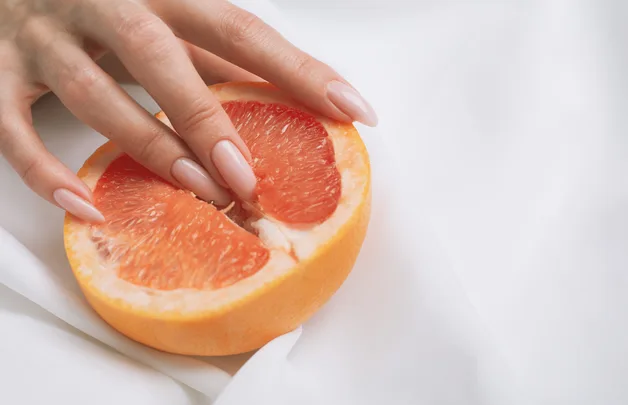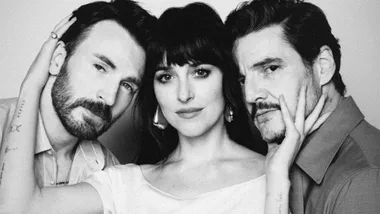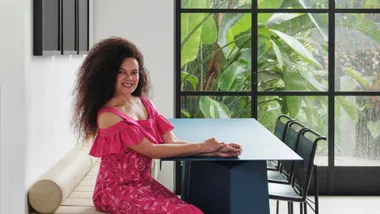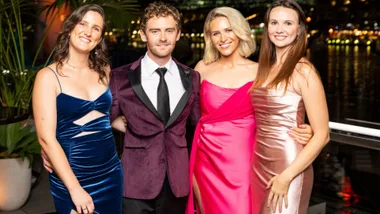I remember the first time I ever went to a sex store. In 2017, out on a graduation scavenger hunt night, we were working our way off a list of 100 truths, dares and tasks. Reaching number 45: Go into a sex store. Which obviously proceeded to 46: Buy at least one item from the store.
One quick google search and a short walk later, we found one in Chinatown. From the moment I entered that store, I had an instant ick. The decor of the store was gross, with shabby carpet underfoot, suspicious pornographic images dawning the walls, and each product appearing dusty and turning yellow.
The overall consensus: the entire space, down to the female section, was entirely orientated to the male gaze.
Fast-forward five years, a wave of new sex toy makers and educators is bringing a new vibe to the industry. Sexual wellness was a U.S. $ 80 billion (approx. AU $115 billion) industry in 2022, and is forecast to reach U.S. $121.6 billion (approx. AU $125 billion) globally by 2030. The development of fem tech, a culture shift, and a pandemic is providing the opportunity for an influx of female-led start ups to gain entry into a male-orientated industry.
What is Sexual Wellness?
The term sexual wellness is loosely defined, but broadly speaking refers to the idea of connecting with our bodies and permitting ourselves to explore the landscape of sexuality on our terms. It’s both movement and industry, with a bevy of female-focused brands launching to sell us the toys, tools, oils, and handcuffs to guide us on the way.
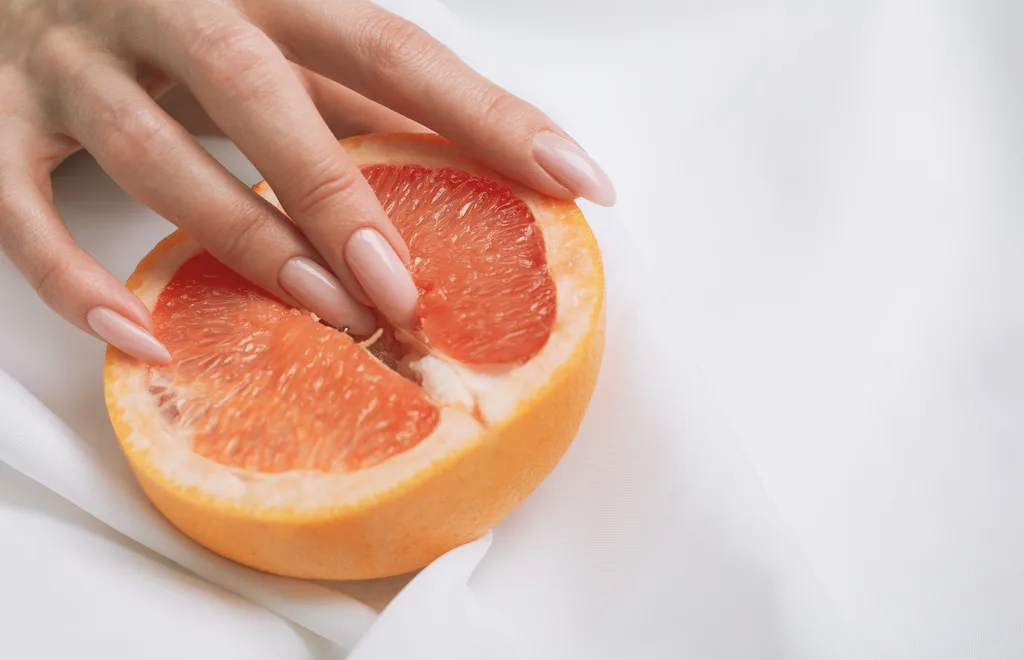
The term sexual wellness is loosely defined, but broadly speaking refers to the idea of connecting with our bodies and permitting ourselves to explore the landscape of sexuality on our terms. It’s both movement and industry, with a bevy of female-focused brands launching to sell us the toys, tools, oils and handcuffs to guide us on the way.
One such brand is Normal, an Australian sex toy company working to normalise conversations around sex and sexuality
“Sexual wellness is not just making beautiful, modern sex toys,” co-founder Lucy Wark told marie claire Australia, “But [it’s] also democratising access to high-quality, expert-led education and changing the cultural conversation.”
Since launching the brand in 2021, they’ve witnessed a shift in cultural norms. Because of the crossover of the pandemic/lockdown and the exponential growth of influencer culture, people were becoming more comfortable in their bodies and engaging in the space of sex and relationships.
“We’re in the midst of a sexual revolution,” Georgina, in-house certified sex coach for Normal, notes, “where activists, practitioners, and educators are speaking about the sex, we’re seeing influencers, celebs and content creators promoting products and speaking about their experiences. And sex tech is revolutionising sexual wellness products— we’re seeing high-quality materials, devices and products that are allowing more people to experience and access pleasure.”
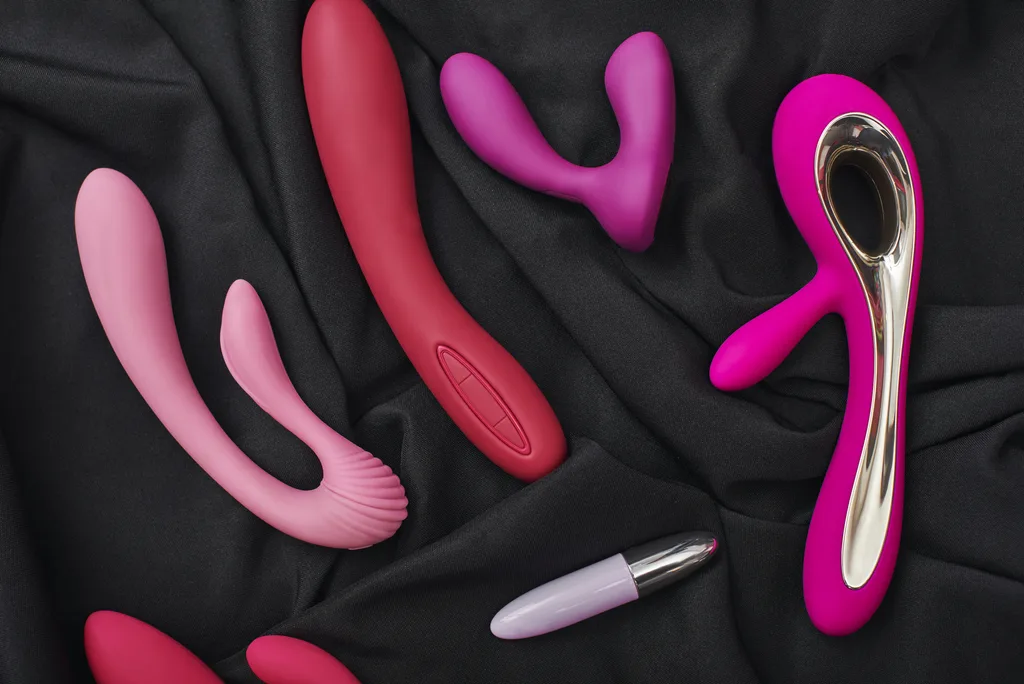
Big retailers such as David Jones have jumped on the bandwagon, dedicating entire sections to sexual wellness. But many consumers prefer to opt for online shopping, through smaller, niche brands such as My ilo.
One of the newer brands in Australia hoping to take a bite out of the sexual wellness industry is My ilo, co-founded by two friends in their 20s, Luciana Burke and Claire Deeks.
The spark for launching My ilo was over a single dinner, when they learned that most of their close girlfriends had never experienced an orgasm. And they’re hardly alone; a recent study by Normal found that 1 in 5 Australians have never experienced an orgasm.
“Female pleasure and sexual pleasure have always been stigmatised because this industry has always been seen in the male gaze,” Luciana told marie claire Australia.
“It’s always been a male-dominated industry. They have always run these companies, they’re designing the products and made women feel invisible… We wouldn’t want to buy sex toys that we don’t connect to. That drove us in the direction of creating our sex toys in a sleek, chic way that almost doesn’t look like a sex toy.”
Realising that their target Gen Z market values sustainability, Luciana and Claire made it a core part of My ilo’s offering. Including using boxes and cylinders made from 100% post-consumer cardboard and dyed with soy-based ink, making them safe to compost. Along with opting for local supply lines based in Western Australia, creating jobs for locals and reducing carbon emissions from overseas factories.
Even providing a ‘Recycle Your Vibe’ program, encouraging people to send in their old sex toys for future reuse. Stripping the toys and properly disposing of the e-waste with the aim to eventually reuse the biodegradable silicone in their future vibrators and toys.
“We really noticed a lack on the market in this space,” Luciana said. “Every other space is modernizing and we wanted to provide sustainable options.”
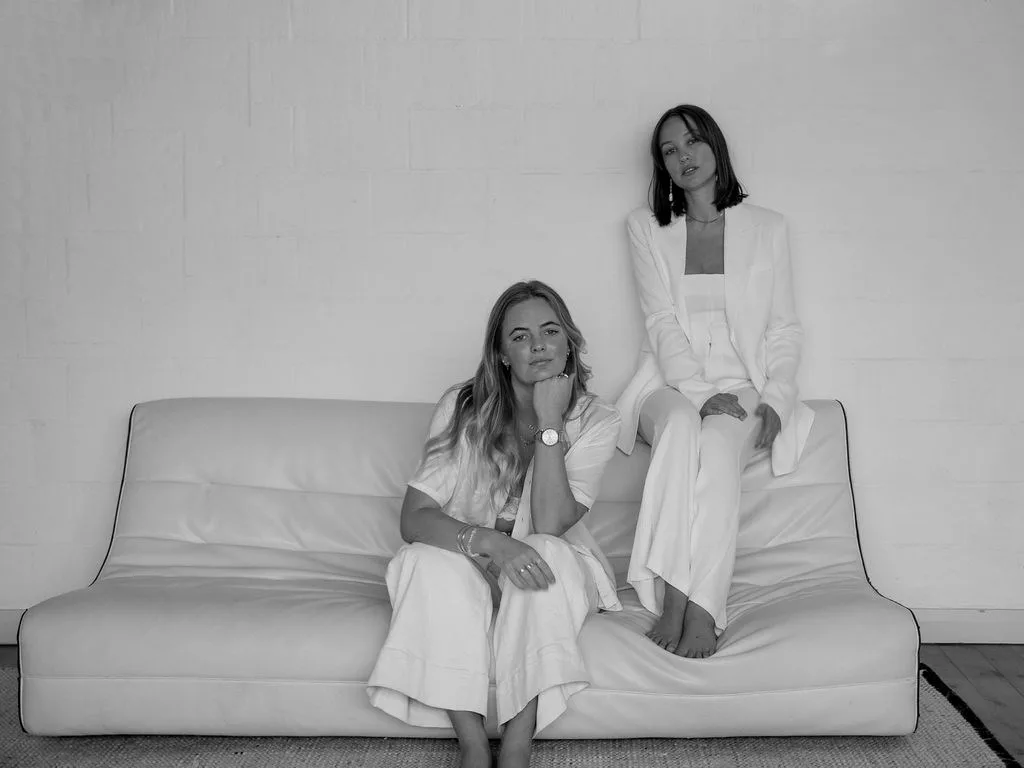
The Health Benefits of An Orgasm
Reaching orgasm has a vast array of health benefits, for both your mental and physical health.
Georgia Forsyth, the founder of sexual wellness hub the Cohere Studio, began to discover these beneficial traits, while studying nutrition at university. “Sexual wellness is vital in preventing harm to our nervous systems and guts,” says Forsyth.
The prevention is all thanks to a glorious hormone called oxytocin. This particular hormone is commonly known as the ‘love hormone’, offering various perks such as lowering pain, and boosting circulation and the immune system and reducing stress.
“When stress exits stage left, especially during orgasm, all that built-up tension and stress will dissipate,” Georgia says. “You can then humbly bid farewell to bloating, gas, constipation and/or diarrhea.”
Prior to the early 2000s, doctors were unaware of how valuable sex was to our overall health, as much of the research into the topic was either censored or condemned; by various social, cultural, and religious oppressive systems – which were invariably run by men.
“The sexual wellness industry has been branded as somewhat of a ‘slutty’ (for want of a better word) and shameful way of expression, especially for women as it has always been so male-centric,” says Forsyth.
She says it’s no longer a “seedy space filled to the brim with Playboy bunnies”, with plenty of retailers that wouldn’t normally stock vibrators now racing to add them to their offerings.
Nowadays, brands are embracing female sexual pleasure with open arms as well as bigger companies,” she continued.
“This is helping women become more empowered and educated around sexual wellness and that it is just that—wellness.”
